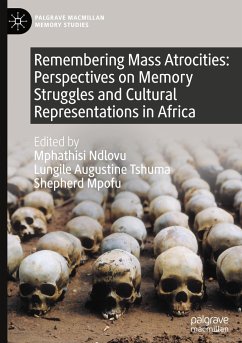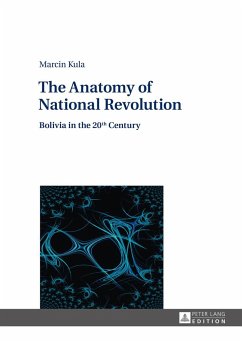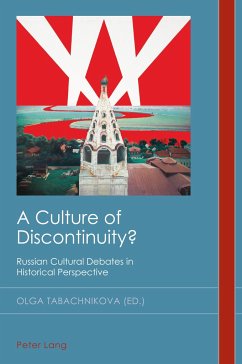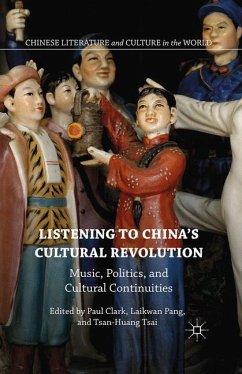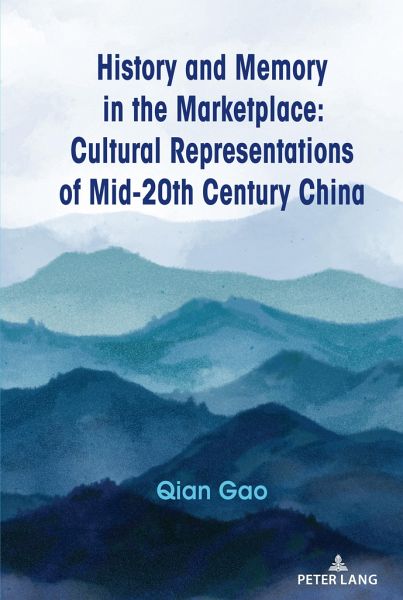
History and Memory in the Marketplace
Cultural Representations of Mid-20th Century China
Versandkostenfrei!
Versandfertig in 6-10 Tagen
89,30 €
inkl. MwSt.
Weitere Ausgaben:

PAYBACK Punkte
0 °P sammeln!
This book captures and examines some of the main modes of "romanticized" memories about the Chinese Great Proletarian Cultural Revolution that have appeared since the late 1980s and are drastically different from previous representations that focused on trauma. Drawing on some of the major literary, filmic and digital presentations, as well as examples from the cultural marketplace, this book devotes its attention to the memories that are eroticized, nostalgic, digitized and commodified.Situating these new mnemonic presentations against the backdrop of a persistently cautious political climate...
This book captures and examines some of the main modes of "romanticized" memories about the Chinese Great Proletarian Cultural Revolution that have appeared since the late 1980s and are drastically different from previous representations that focused on trauma. Drawing on some of the major literary, filmic and digital presentations, as well as examples from the cultural marketplace, this book devotes its attention to the memories that are eroticized, nostalgic, digitized and commodified.
Situating these new mnemonic presentations against the backdrop of a persistently cautious political climate in China that has never favored open expressions about the Cultural Revolutionary past, and also against a global climate of prevailing (capitalist) modernity and nostalgic sentiments, this book examines the meanings, values and problems lying in these new mnemonic rewritings of the Cultural Revolution experience, as well as analyses some of the intricate conflicts and connections between these memories and the global influences. In its study, this book uncovers not only a strong resistance to the official suppression of critical articulations of the Cultural Revolution history, but also the ways in which such resistance is effected through Chinese intellectuals' inventive use of the market and the trends of commodification. By giving deserved credits to commodification for facilitating Chinese intellectuals in establishing channels of conversations and possibly a discourse on China's recent history and the politics of memory, this book hopes to provide some insights into history's path, especially in light of Chinese intellectuals' heated debate on the nature of the capitalist economy in China.
Situating these new mnemonic presentations against the backdrop of a persistently cautious political climate in China that has never favored open expressions about the Cultural Revolutionary past, and also against a global climate of prevailing (capitalist) modernity and nostalgic sentiments, this book examines the meanings, values and problems lying in these new mnemonic rewritings of the Cultural Revolution experience, as well as analyses some of the intricate conflicts and connections between these memories and the global influences. In its study, this book uncovers not only a strong resistance to the official suppression of critical articulations of the Cultural Revolution history, but also the ways in which such resistance is effected through Chinese intellectuals' inventive use of the market and the trends of commodification. By giving deserved credits to commodification for facilitating Chinese intellectuals in establishing channels of conversations and possibly a discourse on China's recent history and the politics of memory, this book hopes to provide some insights into history's path, especially in light of Chinese intellectuals' heated debate on the nature of the capitalist economy in China.





